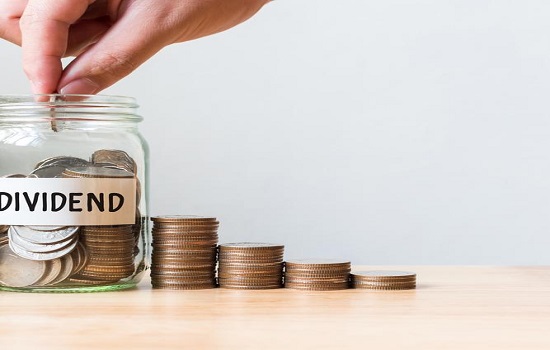Finance Act, 2020 had made dividend taxable in the hands of recipient and with it many of the provisions under Income tax other than section 10(34) and 115-O became useless.
In this post we are going to talk about section 115BBDA and section 14A of Income tax act which will become ineffective as now dividend is taxable in the hands of recipient. Let’s have a look at them:
1. Section 115BBDA: This section was introduced by Finance Act, 2016 w.e.f. 01.04.2017 wherein the intention behind this section was to tax various high net worth individuals who were investing great amount in stock market also earning tax free dividend or owners of private limited companies who were just paying around 20% tax on dividend when they were in 30% tax slab.
Hence, this provision was introduced wherein if the dividend received from domestic companies is above Rs. 10 lakh, assessee will have to pay 10% tax on amount above Rs. 10 lakh.
Roughly using this section government was again charging 30% tax from such people.
The relevant extract of this section are as under:
“Notwithstanding anything contained in this Act, where the total income of a specified assessee, resident in India, includes any income in aggregate exceeding ten lakh rupees, by way of dividends declared, distributed or paid by a domestic company or companies [on or before the 31st day of March, 2020], the income-tax payable shall be the aggregate of—
(a) the amount of income-tax calculated on the income by way of such dividends in aggregate exceeding ten lakh rupees, at the rate of ten per cent;”
Hence, now after Finance Act, 2020 since all types of dividends are taxable in the hands of recipient at their respective slab rate, this section is no more required and thus it is not applicable on any dividend received after 31.03.2020.
2. Section 14A: Section 14A deals with disallowance of deduction of expenditure incurred in relation to income which does not form part of income i.e. exempt income. Relevant extract of the section is as under:
“For the purposes of computing the total income under this Chapter, no deduction shall be allowed in respect of expenditure incurred by the assessee in relation to income which does not form part of the total income under this Act.”
Along with the above section there was rule 8D which lays down the manner to calculate the expenditure which needs to be disallowed.
As per latest rule 8D the following expenditure needs to be disallowed:
“expenditure directly relating to income which does not form part of total income along with an amount equal to one per cent of the annual average of the monthly average of the opening and closing balances of the value of investment, income from which does not or shall not form part of total income .
Section 14A read with Rule 8D had created various cases and litigation and in majority of the cases relating to section 14A the issue was always related to investment in shares and earning of dividend income as dividend was exempt income which does not form part of total income.
The assessing officer used to use this section to disallow common admin expenditure every year where assessee has investment in shares irrespective of the fact that no dividend income was earned during the year and many a times expenditure disallowed would be more than the income actually earned.
As the section clearly says that expenditure incurred in relation to income which does not form part of total income and hence when no such income has been earned no deduction should be disallowed.
However, Ld. assessing officer used to disallow expenditure even in the year when there was no such exempt income earned by assessee and which would lead to undue litigation by assessee.
Also, Hon’ble Supreme court in various cases have rejected SLP of revenue wherein they had appeal against order of High court where High court had allowed expenditure in the year when no such income was earned by assessee. Reference of few judgements where SLP was dismissed are as under:
In 2019 Supreme court rejected SLP filed in case of Cheminvest Ltd. v. CIT [2015] 378 ITR 33 (Delhi HC), and in 2018, SC had dismissed SLP in case of CIT v. Chettinad Logistics (P.) Ltd filed by the Revenue.
However, now that dividend has become taxable in hands of assessee from 01.04.2020, so from now on one would not see any disallowance being made in many cases u/s 14A of the Income tax act.











![[Live] Updates and Tax changes for Budget 2023 | Tax on cryptocurrency | Income tax and GST udpates in Budget 2023 [Download Bill]](https://www.taxontips.com/wp-content/uploads/2023/02/Budget-2023-120x86.webp)

